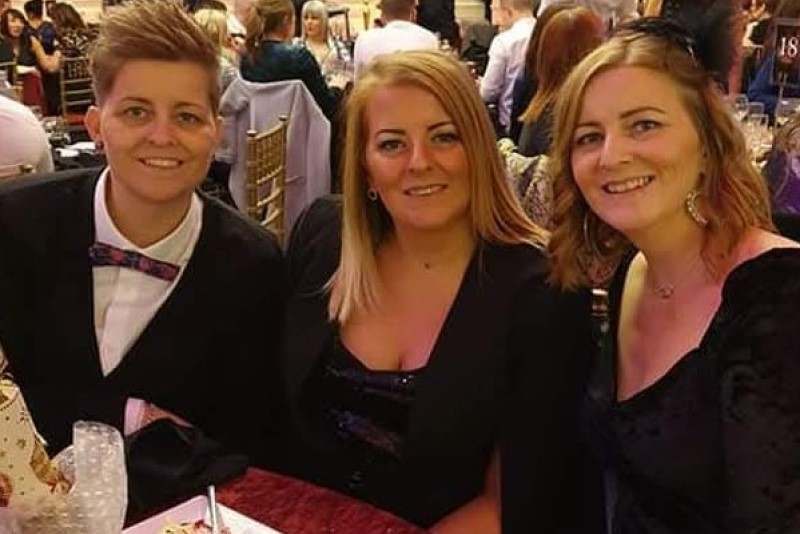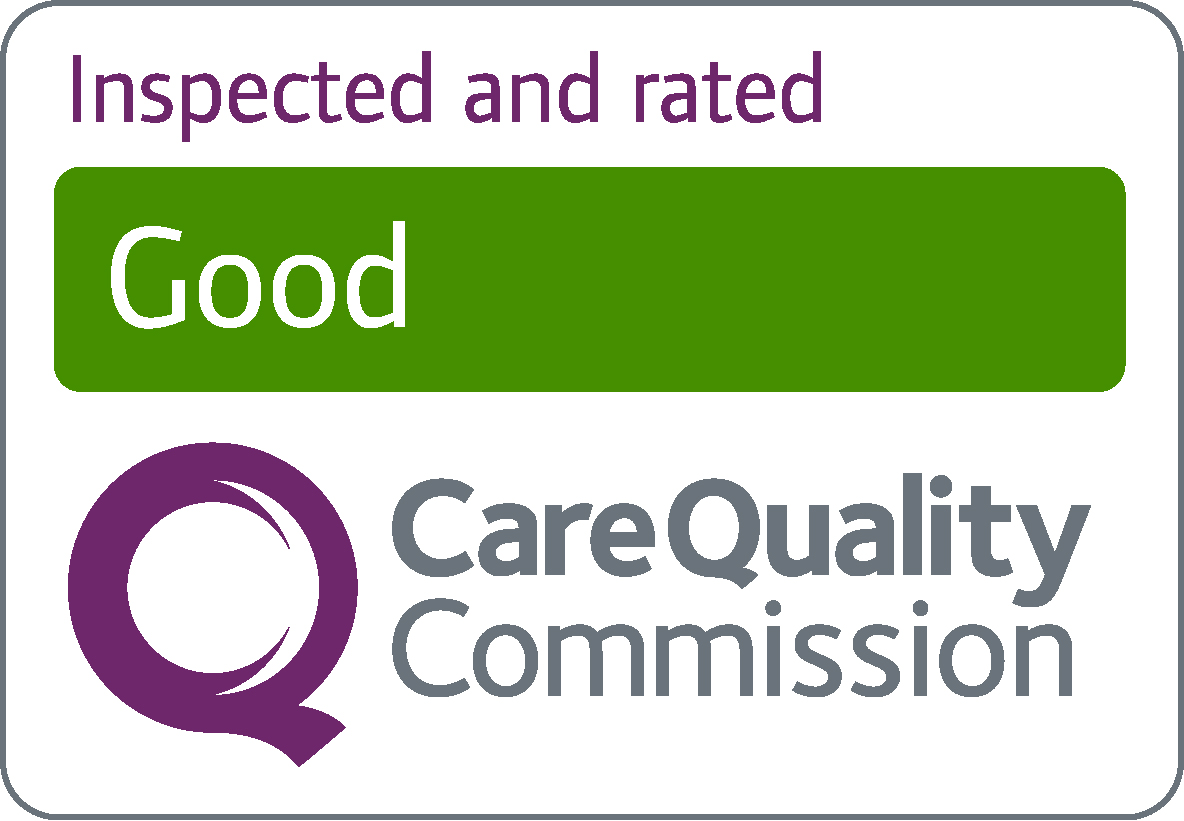Wolverhampton sisters, working for same NHS Trust, raise awareness of kidney disease
Date of release: 13 March 2025
Three Wolverhampton sisters who are all living with the same genetic kidney disease are sharing their stories to mark World Kidney Day.

From left to right, Nobi, Sam and Cheryl
Cheryl Lear, Michelle ‘Nobi’ Cotterill and Samantha (Sam) Bradley, who call themselves the “renal cysters”, all have polycystic kidney disease (PKD), an inherited condition that causes cysts to develop in the kidneys.
The trio all work at New Cross Hospital, which is part of The Royal Wolverhampton NHS Trust.
World Kidney Day is an annual global event, taking place on Thursday 13 March. It is dedicated to raising awareness of kidney health, including the prevention of kidney disease, and the need for early detection and treatment.
PKD affects one in every 1000-2500 people in the UK – with symptoms including pain, mobility issues and swelling, sometimes referred to as ‘PKD belly’.
The sisters’ late mum Judy had the disease – which was picked up during her pregnancy with Sam. At this point the sisters were screened for the condition and Nobi and Sam were found to be carriers, with Cheryl being diagnosed a few years later.
Judy passed away in 2000 from other health complications, aged just 60.
The sisters grew up without any symptoms and felt generally well before hitting their early 30s, when all three started to experience ill-health due to the condition – including extreme tiredness, infections and pain.
Nobi, a Validation Clerk for Cancer Services, is the middle sister. The 45-year-old explained: “It got to a point for me at work where I’d have to take naps during my lunch breaks as I was so exhausted.”
In January this year, after six months off work, years of dialysis and the removal of one of her kidneys to make space for a transplant, she got called for surgery to receive a new kidney. This was just 13 hours after being added to the national transplant waiting list – as her condition was classed as severe. The kidney that was removed weighed 13lb – 26 times the size of the average healthy kidney.
She explained: “It’s a strange situation because I was happy to get the call, but I knew that my sister Sam is still waiting for a suitable donor. She’s been so supportive though, and so have my friends, family and work colleagues.
“I do think about the donor family, and I struggle to think someone has lost their life while at the same time giving me a new life. I’m incredibly grateful.”
Her transplant took place at the Queen Elizabeth Hospital in Birmingham, where she spent nine days before being discharged back home.
Nobi is now looking toward the future as the new kidney “settles in”.
“I’m excited to eat a banana,” she said. “Which is a simple thing, but something I was previously advised to avoid with risks relating to high potassium levels in my body.
“Plus being able to be active and go out and make plans that aren’t dictated by my treatment. I’ll be running up the stairs before too long!”
Sam, who works as a Lung Cancer Specialist Nurse, is on the waiting list for a new kidney. The impact of her illness means she is currently unable to work in her clinical role, relying on crutches to move around.
She’s on dialysis at home, which she has four times a day with specialist equipment.
The 41-year-old said: “It’s a waiting game for a new kidney, but until then my dialysis is saving my life each day by removing the toxins in my body, so I’ve just got to stay positive.
“But even in the difficult times, it’s comforting as we’ve got each other. We know what each other is going through.”
Cheryl, 46, is an Organisational Development and Engagement Practitioner – her condition is being managed well with medication but she is likely to need a transplant in the future.
She said: “I’ve been fortunate to try a relatively new medication, Tolvaptan, that slows down the growth of cysts and the deterioration of my remaining kidney function. Treatments are ever advancing, and this is something that wasn’t available to my mum all those years ago.
“I think it’s just making people aware of the impact of PKD and how important our kidneys are. The emotional impact can be challenging at times, but we want to encourage those affected to seek help from charities or online support groups. We’d also like to thank the RWT Renal Team, who look after us so well, and each of our managers for supporting us at work.”
For more information about PKD visit NHS - Autosomal Dominant Polycystic Kidney Disease (ADPKD)

